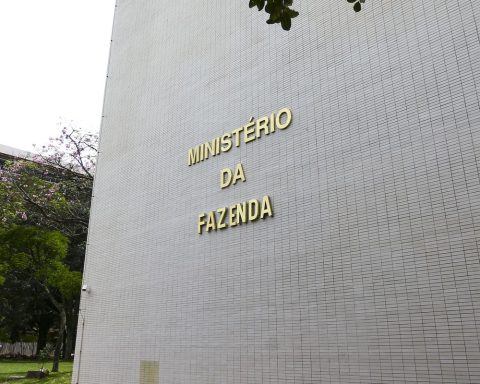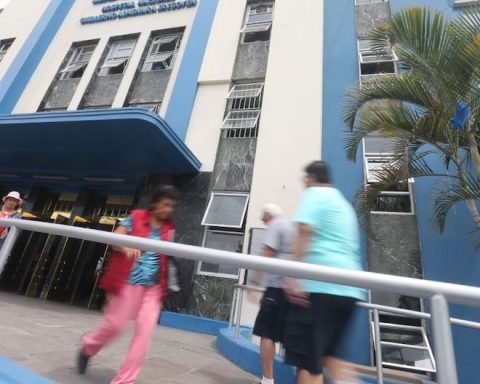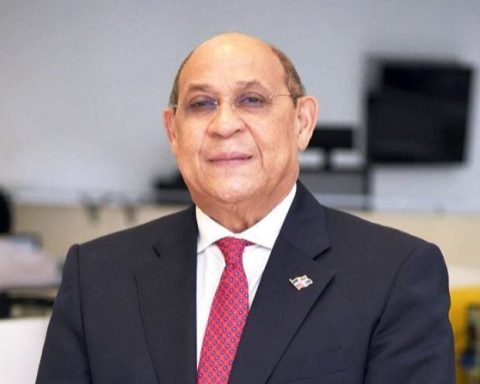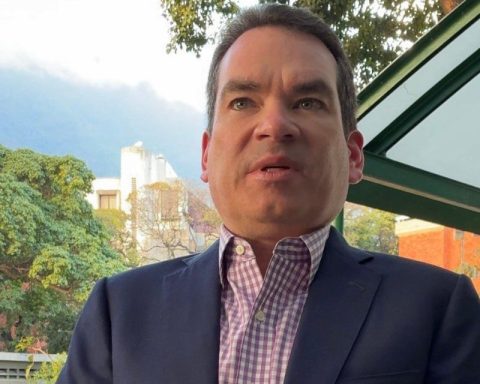More than 156.45 million people are eligible to vote on October 2, when Brazilians will begin to choose the next president of the Republic, in addition to future governors, senators and federal, state and district deputies. In this heterogeneous universe of citizens, at least 23.34 million male and female voters will comply with the civic commitment of their own volition, since they are not obliged to vote.
The Federal Constitution establishes optional voting, that is, optional, for young people between 16 and 17 years of age; people aged 70 and over and also for the illiterate. Only voters who declare that they cannot read or write exceed 6.33 million people, according to data from the Superior Electoral Court (TSE). A number that represents about 4% of all people legally able to vote.
Diarist Maria Sônia Ribeiro da Silva, 50, is one of those people. Although, strictly speaking, her participation in previous lawsuits was not exactly spontaneous. “Until today, I didn’t know that I wasn’t obliged to vote”, reacted the diarist when she was informed, by the report, that, as an illiterate, she would not have suffered sanctions if she had failed to vote in past elections. Abolished in 1881, the illiterate’s right to vote was only restored in 1985, through a Constitutional amendment which guaranteed a portion of the population, which at the time was even larger, the right to help choose their political representatives.
“I voted because I thought it was the way. That he would lose his voter registration, he would pay a fine if he did not show up. I even talked to my husband that, if it wasn’t mandatory, I wouldn’t vote anymore, because it’s always the same thing, the same promises. On the other hand, I also think it’s important for us to participate, to try to make the country improve. So much so that, now, knowing that I don’t have to, I think I’ll rethink and, maybe, keep going to vote”, highlighted the diarist, explaining that she usually gets information about politics through the TV news and talking to relatives and friends and when voting, she takes I carry a “glue” with the number of your candidates.
According to the last population census carried out by the Brazilian Institute of Geography and Statistics (IBGE), in 2010, the illiteracy rate among the population aged 15 and over had fallen from 13.63% in 2000 to 9.6% , totaling 13,933,173 in 2010. According to data made available by the TSE, this year the largest number of voters who declared themselves illiterate at the time of registration are between 70 and 74 years of age, exceeding 730 thousand people.
Young and Elderly
In addition to the illiterates, among the so-called spontaneous voters, there are 815,063 people aged 16 and another 1,301,718 who have already turned 17. Together, the two groups add up to 2,116,781 voters. A number about 50% higher than the 1,400,617 registered in 2018.
The total number of male and female voters over 70 years of age increased from 12.02 million in 2018 to 14,893,281 in 2022. Of these, 184,438 are over 100 years old – among which, 45,400 are not know how to read or write.
In favor of the thesis that voting should cease to be mandatory and become optional for the entire Brazilian population, political scientist Antonio Lavareda believes that the growing number of people voting without being obliged to vote indicates a “higher level of civic awareness” and interest in politics.
“Surveys have shown that people have been expressing an unusual degree of interest in politics, more specifically in this year’s election. Which may be an indicator that voter turnout may be higher than in the 2018 election, when the abstention overcame 30 million voters,” Lavareda told Brazil Agency.
“The growth in the number of voters aged 70 and over and of young people aged 16 and 17 follows the manifest interest of the rest of the population in this year’s election. And it will be very good for the democratic process if the electoral alienation registered in the last election is lower”, added the political scientist, pointing out that, despite the little academic research on spontaneous voters, it is possible to say that, confirmed the hypothesis that they are more interested , tend to be more “ideologized”, having more “articulated and consolidated” preferences. “As a result, those who tend to be least benefited by these votes are the candidates located more at the center of the ideological political spectrum”.
Professor and researcher at the Center for the Study of Public Opinion (Cesop), at the State University of Campinas (Unicamp), also political scientist Rachel Meneguello considers that the motivation for spontaneous voting is associated with an interest in politics and the perception of the importance that , in a representative democracy such as the Brazilian one, citizens must take responsibility for helping to choose their political leaders.
“Polls show that in the last 20 years, if voting were not mandatory, no less than 40% of voters would vote. Even so, the electorate understands the act of voting as a civic act that is part of their political life – to the point that, in redemocratization, after the military dictatorship, [o direito a] voting for president in direct elections was one of the central points of campaigns that involved a large part of the population”, highlighted Rachel.
According to the political scientist, existing research indicates that most voters who vote of their own accord have higher education and average income, but also require specific public campaigns.
“Access to general information and political information is a central factor for political mobilization and these groups [no geral] have greater access, however, are more dependent on specific campaigns. This year, for example, we saw the TSE campaign aimed at encouraging the involvement of young people”, stressed Rachel, who also expects lower electoral abstention this year, but unlike Lavareda, defends the maintenance of mandatory voting for the others. voters.
“I understand mandatory voting as a very positive civic duty. The voter must exercise responsibility for choosing the representatives who vote for him in Congress, assemblies or municipal chambers. What can be improved in the Brazilian case is the organization of the party system, so that parties are actually able to organize political information for voters, since we know that the electoral average has difficulties in locating itself in the party system and defining the choices of federal, state deputies and senators in a fragmented party system like the Brazilian system”, he explained.
















